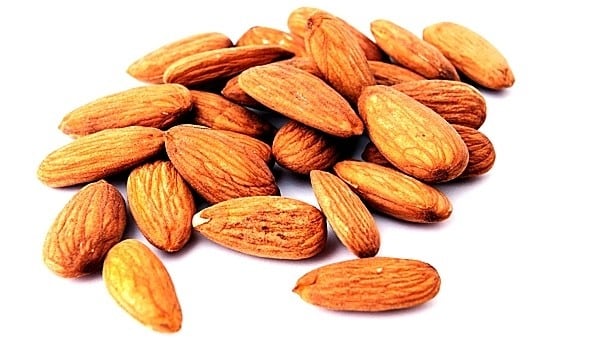Concerns over the fate of large number of bees have prompted scientists to find ways to develop self-fertilising almond varieties that do not require bees for pollination at a time when global almond consumption is growing and increased plantings have led to record production of 1.3m tonnes last year.
Following two decades of research, Adelaide University released five new varieties of almond trees in 2016 and a sixth last year. Cuttings of all six have been sent to America, where they will remain in quarantine until November. After this time, some of them will undergo Department of Agriculture trials along with trees from other parts of the world.
Having received a government grant lsat month, the university will send trial varieties to California nursery Sierra Gold.
“They’re a large nursery and they are very keen to trial our self-fertile varieties because they don’t have anything on their books that is self-fertile,” said Michelle Wirthensohn, leader of the National Almond Breeding Programme.
“It’s a fairly new thing, there’s a few varieties out… Sierra Gold has told me they will test for 10 years before they release them commercially.”
Dr Wirthensohn said a key factor with the new Australian varieties was their similarities in kernel properties to Nonpareil, the world’s main commercial almond.
Bigger and better?
She said all of the varieties out-yielded Nonpareil in Australia by more than 10%, producing more almonds per tree with the same amount of water.
“So if the time came when for some reason Nonpareil collapsed, then we would have an almond that looked really similar and was either the same size or bigger,” Dr Wirthensohn said.
“The main attraction is the self-fertilising and I guess in the United States they are also curious to see how our almonds are going to perform over there—they’ll probably perform differently but hopefully they will do at least as well as they do here.”
It can take decades to breed a new almond cultivar from the initial crossbreeding through to commercial release.
“The next lot of breeding that I’ll be beginning next year, I’m only going to focus on self-fertile varieties because that’s what the industry says it is aiming for—self-fertilising trees that minimise the need for bees and filling up the orchard with a variety that doesn’t need a pollinator,” she said.
“No one has trialed a solid block of self-fertile trees in Australia yet—they have in Spain and they said it worked fine—but no one’s tried it here yet, which will be interesting.”
More than $A400m of Australian almonds are exported to 46 countries every year with Europe and India the biggest markets.


